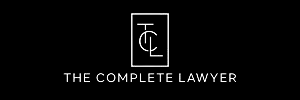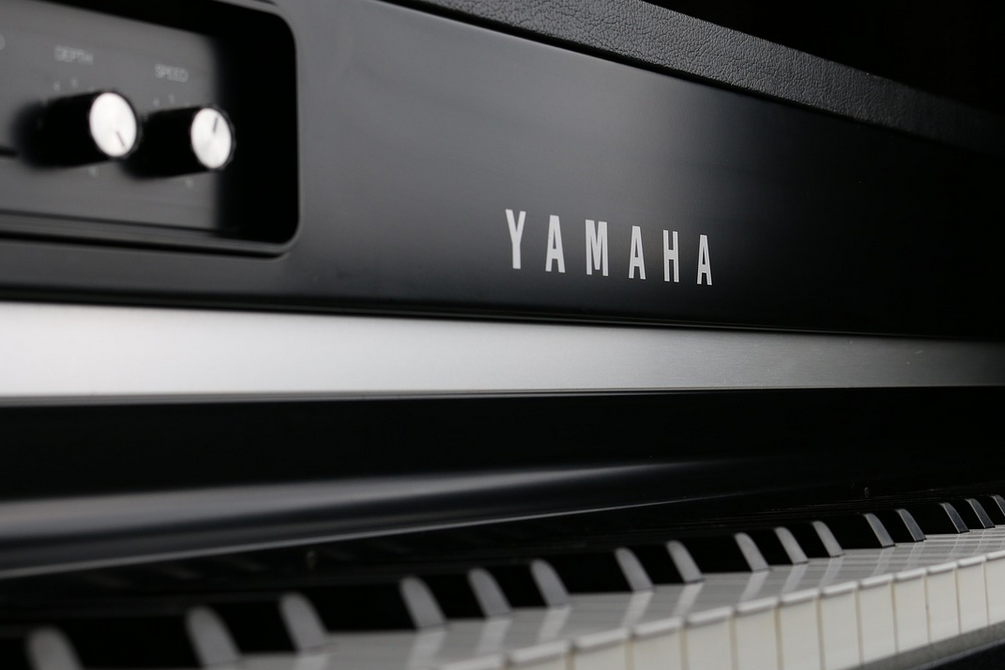The next great idea is a valuable thing. It’s even more valuable if you know how to properly protect it and use it. Whether you are creating the next hot comic book character, an engaging tag line for a telecommunications company, or a sleek new model of autonomous flying machine, you need to be sure your ideas, plans and any products you make are protected.
Intellectual property law is one of the most complex subjects in the legal profession. Patents alone are enough to have spawned multiple professional certifications from patent examiners to attorneys. It is for this reason people who are invested in a creative business should be as attentive as possible to the legal ramifications of their work. They need to know when to protect it, how to protect it, and how to exploit their property afterwards. Here are some things to keep in mind as you go about this for the first time.
Copyrights
Under the United States Copyright Act of 1976, any creative work fixed in a tangible medium is protected by copyright. If you are a writer, artist, musician, sculptor, dancer, or any variation of those professions, your work is protected once it is fixed in some form.
Your ideas, on the other hand, are not eligible for protection under copyright law. If you write down your invention, that written document is entitled to protection, but any “idea” contained in that written work isn’t eligible for protection.
Copyright is a commercial monopoly. Its purpose is to encourage artists to create new works by giving them the exclusive right to exploit their works for a limited time. Until you create something for which there is a hypothetical market, you can’t assert copyright on it.
Trademarks
A trademark is a unique symbol meant to identify the source of a product in the marketplace. Trademarks are distinct from copyrights as they are eligible for protection once used in commerce and never expire unless abandoned.
Most people engaged in creative work they wish to protect only acquire interest in a trademark after they have a product. Any mark or combination of words can technically become a trademark, but since each one must be distinct, registering a trademark requires a search to make certain there is no other similar symbol that might cause confusion.
Patents
A non-obvious mechanical invention or process which can be described or demonstrated in the form of a prototype is eligible to be patented. Patents differ from copyrights and trademarks in that they have a much shorter term.
Like trademarks, patents must be searched ahead of time, usually by an intellectual property or business lawyer to make certain they are unique. Patents must be awarded by the United States Patent and Trademark Office before they are official. Copyrights and trademarks enjoy limited protection before they are officially registered.
As with any intellectual property issue, you should consult a qualified attorney at your earliest opportunity. Following the correct procedure for registering your works will guarantee their value.


